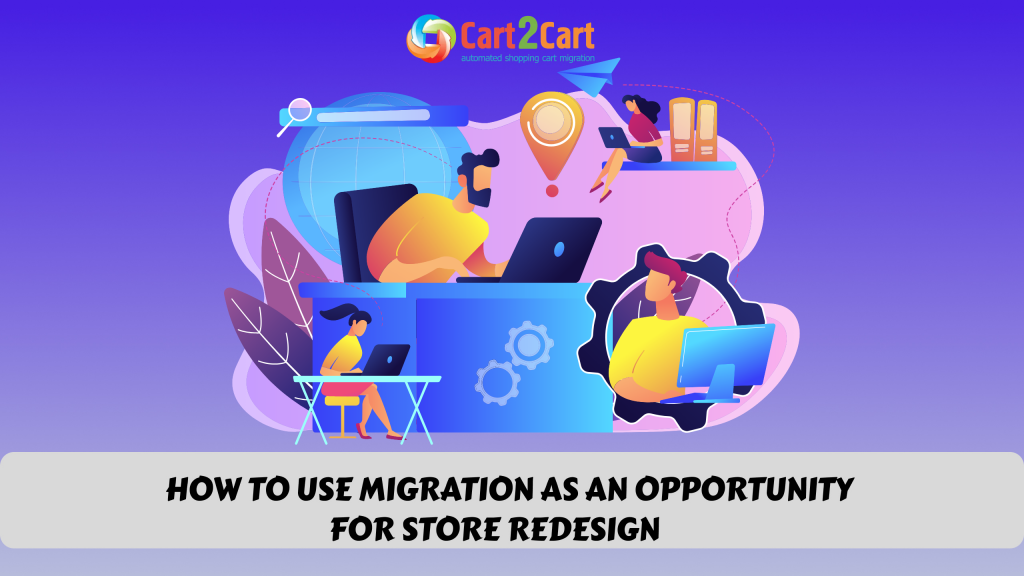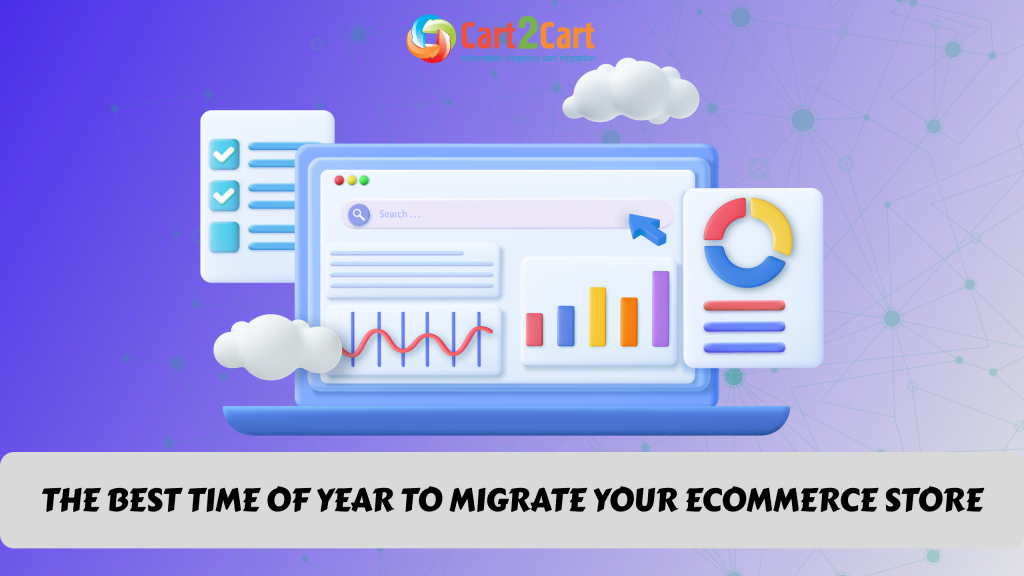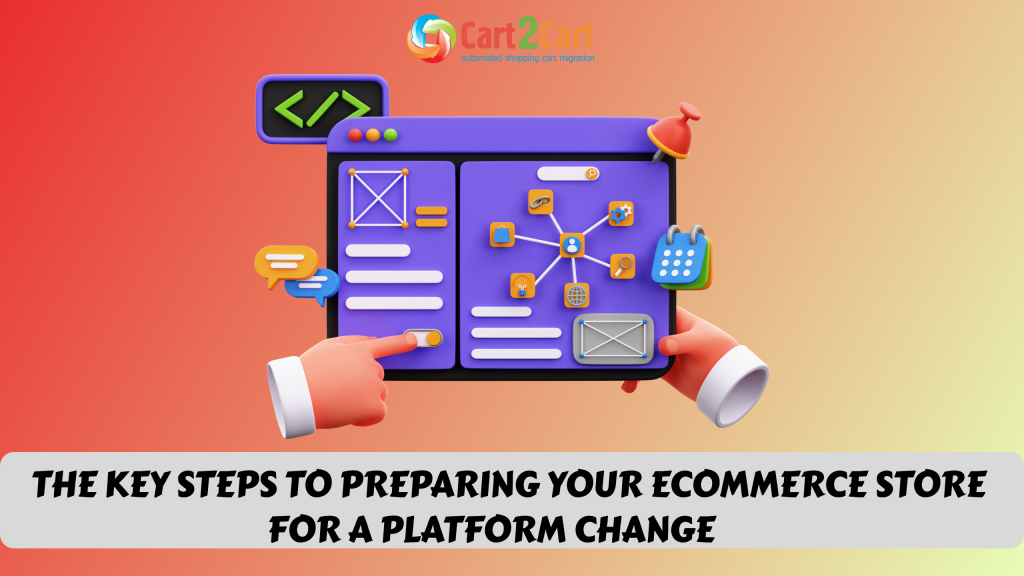The eCommerce landscape is constantly evolving, and choosing the right platform is essential for online business success. In 2025, competition among eCommerce platforms is fiercer than ever, with new innovations making online selling more efficient and scalable. Whether you're launching a new store or considering a platform switch, here are the top five eCommerce platforms to consider in 2025.
1. Shopify – Best for All-in-One Convenience
Shopify continues to dominate the eCommerce industry, offering an all-in-one solution that is both user-friendly and powerful.
Key Features:
- Fully hosted, meaning no need for external hosting or maintenance.
- Drag-and-drop builder with a wide range of professional themes.
- Integrated payment options, including Shopify Payments and third-party gateways.
- Extensive app store with thousands of plugins for added functionality.
- SEO and marketing tools, including built-in blogging and email marketing features.
Who Should Use Shopify?
Small to medium-sized businesses looking for an easy-to-use, scalable, and reliable platform. Shopify is also ideal for dropshippers and those who want to get started quickly without technical expertise.
Pros & Cons:
✅ Easy to set up and manage.
✅ Reliable hosting and security included.
✅ Large ecosystem of apps and themes.
❌ Limited customization compared to open-source platforms.
❌ Transaction fees unless using Shopify Payments.
2. WooCommerce – Best for WordPress Users
WooCommerce remains a top choice for those who want full control over their online store and already use WordPress.
Key Features:
- Free and open-source, allowing full customization.
- Seamlessly integrates with WordPress websites.
- Thousands of plugins and themes to extend functionality.
- No transaction fees, depending on the payment gateway used.
- Strong SEO capabilities due to WordPress’s content-focused structure.
Who Should Use WooCommerce?
Entrepreneurs and businesses who want full control over their online store and already have a WordPress website. It’s ideal for those comfortable managing their own hosting and security.
Pros & Cons:
✅ Highly customizable and flexible.
✅ No monthly fees.
✅ Excellent SEO and blogging capabilities.
❌ Requires technical knowledge for setup and maintenance.
❌ Hosting, security, and updates must be managed separately.
Switching to a New eCommerce Platform?
Stay ahead in 2025 with the best eCommerce platform for your business! Whether you're upgrading or switching, Cart2Cart ensures a seamless migration—no downtime, no data loss. Move your store hassle-free today!
TRY IT FREE
3. BigCommerce – Best for Scaling Businesses
BigCommerce is a powerful eCommerce platform designed to help businesses scale efficiently.
Key Features:
- Fully hosted with no transaction fees.
- Built-in tools for B2B and wholesale selling.
- Multi-channel selling across Amazon, eBay, Facebook, and Instagram.
- Advanced SEO and marketing features.
- Highly customizable without needing extensive development.
Who Should Use BigCommerce?
Mid-sized to large businesses looking for scalability and robust built-in features. It’s great for businesses that need flexibility without relying on third-party apps.
Pros & Cons:
✅ No transaction fees.
✅ Scales easily for high-growth businesses.
✅ Advanced SEO and marketing tools.
❌ Slightly steeper learning curve compared to Shopify.
❌ Fewer themes compared to competitors.
4. Wix eCommerce – Best for Beginners and Small Stores
Wix eCommerce offers an intuitive, easy-to-use platform that’s perfect for small businesses and creatives.
Key Features:
- Drag-and-drop website builder with AI-assisted design.
- Fully hosted with automatic updates and security.
- Built-in marketing tools, including email campaigns and social media integration.
- Mobile-friendly designs and payment processing integrations.
- Affordable pricing plans suitable for small businesses.
Who Should Use Wix eCommerce?
Individuals and small businesses that prioritize ease of use and design flexibility over deep customization and scalability.
Pros & Cons:
✅ Extremely easy to use, no coding required.
✅ Affordable pricing with hosting included.
✅ Built-in marketing tools for promotions and SEO.
❌ Limited scalability for large businesses.
❌ Fewer third-party integrations compared to other platforms.
5. Magento (Adobe Commerce) – Best for Enterprise-Level Businesses
Magento, now known as Adobe Commerce, is one of the most powerful eCommerce platforms, designed for enterprise-level businesses with complex needs.
Key Features:
- Open-source and highly customizable.
- Supports advanced product catalogs and multiple storefronts.
- AI-powered analytics and personalization.
- Scalable for global eCommerce operations.
- Extensive integration options with ERP, CRM, and marketing tools.
Who Should Use Magento?
Large enterprises and businesses with high-volume sales that need complete customization and advanced features.
Pros & Cons:
✅ Extremely powerful and scalable.
✅ Advanced customization for enterprise needs.
✅ Excellent support for complex product catalogs.
❌ Requires development expertise.
❌ High costs for hosting, development, and maintenance.
Conclusion
The best eCommerce platform for your business depends on your specific needs:
- Choose Shopify for an easy-to-use, all-in-one solution.
- Opt for WooCommerce if you prefer full customization with WordPress.
- Go with BigCommerce for a scalable and feature-rich experience.
- Select Wix eCommerce if you’re a beginner or small business owner.
- Pick Magento if you need an enterprise-grade solution with high customization.
If you’re considering switching platforms, Cart2Cart makes the migration process seamless and hassle-free. Try our demo today and take your business to the next level!



 March 31, 2025
March 31, 2025 


